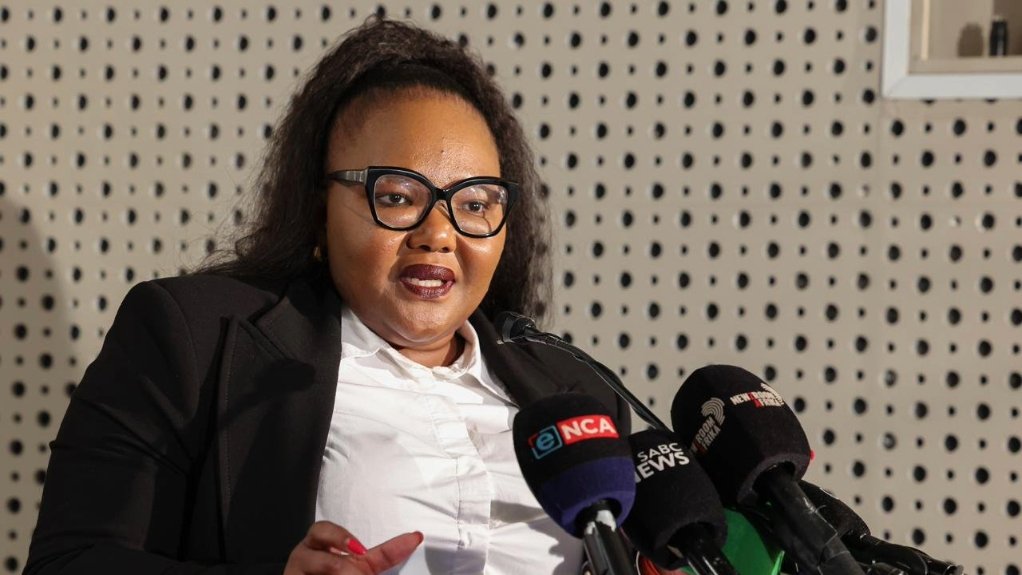Basic Education Minister Siviwe Gwarube said on Wednesday provincial education departments will in the next two to three years, find it increasingly difficult to fund existing posts and programmes within the available budget, unless measures are proactively taken to mitigate this risk.
Gwarube was briefing the media about imminent budget cuts in the department, where she stressed the need for the education department to receive a larger share of the national budget, to ensure that there were enough teachers, quality infrastructure, and adequate resources for every learner.
She pointed out that most provincial education departments required between R350-million and R3.8-billion over the medium-term expenditure framework to fully fund their respective basket of posts.
“The numbers are staggering. If we continue down this path, projections indicate that most provincial education departments will not be able to maintain their respective basket of posts,” she said.
The Western Cape Education Department has already decided to cut 2 400 teaching jobs for 2025, owing to budget shortfalls.
“…this may mean larger class sizes, reduced individual attention for learners, and, ultimately, a risk to the achievement of quality education outcomes,” she explained.
She said other provinces were in a similar position, with many desperately working to find ways to use their budgets for key services such as textbooks, administration support and scholar transport programmes.
She highlighted that nationally, the number of learners within the education system had increased by about 292 820 over the last five years.
Learner/educator ratios have also steadily increased across most provinces, she added.
“An increase in learners' number without increasing the post basket may affect the quality of teaching which may soon be reflected in the performance of the system. Largely, the financial constraints have had the largest impact on educator provisioning, leading to a steady increase in learner/educator ratios in most provincial education departments,” she explained.
Gwarube believes the education department is faced with a pending national crisis.
“…the crisis is not confined to one province or one aspect of the education sector - every province is grappling with these ‘painful choices’. Several provinces have preserved the same post basket for the past three academic years, despite learner numbers increasing, while other provinces have decreased their posts in the past three years,” she explained.
She said in the 2025/26 financial year, four provincial departments would battle to cover their budgets; in 2026/27, five provinces would battle to cover their budgets; and in 2027/28, seven provinces would not be able to afford their budgets.
Gwarube said the department needed to invest in upskilling teachers to allow them to educate in a rapidly changing world, also urging the investment in appropriate infrastructure and the eradication of unsafe infrastructure.
The Minister also noted the inclusion of technology in classrooms, and digital tools such as access to the Internet, and training for both teachers and learners.
Meanwhile, she said government had “not made the right choices at the right time” – which she believed had brought the department to this point.
She highlighted that the economy had been stagnant for nearly a decade with growth rates remaining below 1% in real terms, which was far below what was needed to generate sufficient tax revenue to fund public services, including education.
“Without a growing economy, government revenues shrink, and when revenues shrink, so do our budgets,” she noted.
Gwarube pointed out that South Africa needs a “robust, dynamic, and growing” economy to generate the revenue required to fund public services adequately, calling for the adoption and implementation of economic policies that prioritise growth.
EMAIL THIS ARTICLE SAVE THIS ARTICLE ARTICLE ENQUIRY
To subscribe email subscriptions@creamermedia.co.za or click here
To advertise email advertising@creamermedia.co.za or click here











